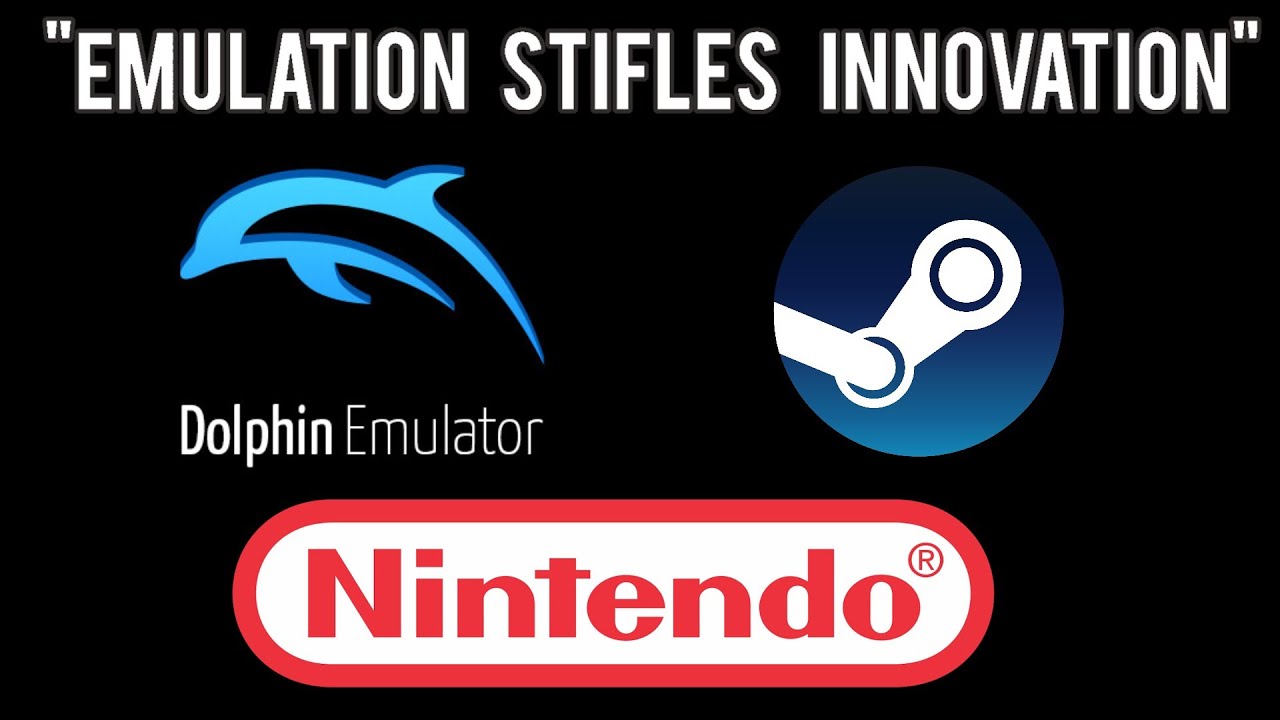Nintendo Double Downs Its Stance Against Emulation...
Unleash Your Creative Genius with MuseMind: Your AI-Powered Content Creation Copilot. Try now! 🚀
Introduction
In the fast-moving world of online media, sometimes it's easy to get caught up in the frenzy of breaking news stories. That's exactly what happened to me when I reported on the DMCA takedown of the Dolphin Emulator's Steam page. However, as more information has come to light, it's become clear that the situation is not as straightforward as it originally seemed. In this follow-up article, I aim to set the record straight and provide some much-needed context to the story.
The Initial Report and Misinformation
When I first covered the story, I relied on the available information at the time, which included the Dolphin team's statement that they had received a DMCA takedown notice from Nintendo. However, it has since been revealed that there was actually no DMCA takedown. The Dolphin team itself has updated their page to reflect this, stating that they have received a cease-and-desist citing the DMCA. This change in wording was brought about by Pierre Bourdon, a former treasurer of the Dolphin team, who clarified the situation.
Nintendo's Response and Stifling Innovation
Nintendo, in response to the questions regarding the DMCA, released a statement defending their position. They argued that the Dolphin Emulator illegally circumvents their protection measures, runs illegal copies of games, and harms development and innovation in the gaming industry. While their stance is not surprising given their negative stance on emulation, it is interesting to see them make a statement on this specific issue.
The Issue of Common Keys and Legal Interpretations
One of the key points of contention in this entire DMCA drama is the use of common keys in the Dolphin Emulator's source code. While the legalities of these keys have not been thoroughly tested in a court of law, I personally believe that they should not exist in source code in any capacity. The correct approach, in my opinion, would be to provide a way for users to supply these keys themselves, thereby shifting the responsibility away from the product itself.
Reflecting on the Situation
Looking back on this entire episode, it's clear that the Dolphin team may have been a bit premature in their attempt to get their emulator on Steam. While the idea of having emulators on a popular gaming platform like Steam is intriguing, it's important for developers to ensure that any potential gray areas in their source code are addressed before making such a move. It's also a reminder to all of us in the media to be cautious about sensationalizing headlines and to wait for the dust to settle before drawing conclusions.
Conclusion
In conclusion, the DMCA drama surrounding the Dolphin Emulator's Steam page has been a rollercoaster of misinformation and clarification. While there was no DMCA takedown, the cease-and-desist citation still raises important legal and ethical questions. It's a reminder of the need for clear communication and transparency in the gaming industry to ensure the protection of intellectual property rights while also fostering innovation. As for me, I'll continue to report on important issues and strive for accuracy in my coverage. Thank you for joining me on this wild ride, and remember to stay tuned for the next adventure!
